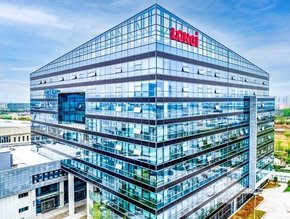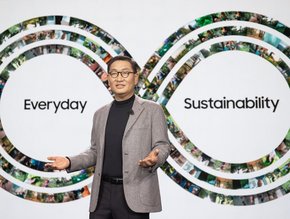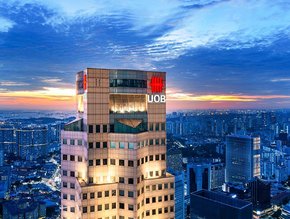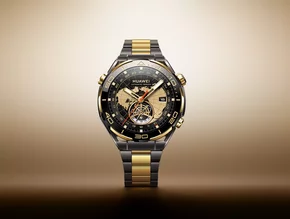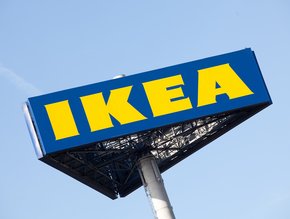Bain Luxury Study: Covid ravages luxury retail
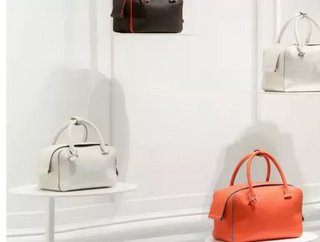
The 19th edition of the Bain Luxury Study , published by Bain & Company for the Italian trade association Fondazione Altagamma, shows an industry heavily impacted by the Covid-19 crisis.
According to the report – which encompasses luxury goods and experiences – the market shrank by 20% to 22% and is now estimated at €1 trillion, which is back to 2015 levels.
Sales of luxury cars dominated the market but still declined by 8% to 10% to €503 billion. Most luxury experiences (including luxury hospitality, cruises and fine dining) were significantly impacted (–56%) and should take the longest time to recover given dependence on global tourism.
Experience-based goods (including fine art, luxury cars, private jets and yachts, fine wines and spirits, and gourmet food) resisted better, declining by only 10%. They should recover rapidly from the 2020 shock given positive consumption dynamics across most segments.
The market for personal luxury goods contracted for the first time since 2009, falling by 23% to €217 billion. This drop is the largest recorded since Bain has been tracking the industry. Uncertainty will hover over the industry for some months to come.
China drives shift to luxury shop local
According to the report, Mainland China has been the only region globally to end the year on a positive note, growing by an impressive 45% at current exchange rates to reach €44 billion. Local consumption has soared across all channels, categories, generations and price points.
Europe consumption fell by 36% to €57 billion, while the Americas fell by 27% to €62 billion. In the US, department stores face an uncertain future, and the map of luxury consumption has been redrawn to move away from city centres.
Japan shrank by 24% to €18 billion while Hong Kong and Macau were among the worst performers globally, contracting by 35% to reach €27 billion.
The impact in the Middle East was mitigated by shorter lockdowns and repatriation of spending previously made overseas.
The lockdowns naturally forced a rebalancing of where luxury purchases are made, with local purchases reaching 80-85% this year. Bain says it expects this figure to settle between 65-70% in years ahead as China and the wider Asian region drive this change in behaviour.
Luxury retail heads online
The Bain report shows online sales accounted for €49 billion in 2020, up from €33 billion in 2019. The share of purchases made online nearly doubled from 12% in 2019 to 23% in 2020.
It also predicts that online will become the leading channel for luxury purchases by 2025, fueling the omnichannel transformation.
This comes at the expense of brick-and-mortar stores as brands adjust their networks to the new map of luxury buying, maximising the customer experience.
It has been a year of profound change in the way global luxury consumers live and shop, and in what they value. Scenarios for 2021 are varied, and Bain forecasts growth that ranges from +10%/12% to +17%/19% depending on macroeconomic conditions, the evolution of Covid-19 and the speed of return to travel globally, as well as the resilience and confidence of local customers.
According to Bain’s analysis, in 2021 the market is expected to recover 50% of the profit loss of 2020 but still remain below 2019 levels.
Bain believes that by 2030, the industry should be drastically transformed. Luxury players will need to think boldly to rewrite the rules of the game, transforming their operations and redefining their purpose to meet new customer demands and retain their relevance, especially for younger generations, who are set to drive 180% of the growth in the market to 2025.
- Lifetime of Achievement: Tadashi Yanai, CEO, Fast RetailingLeadership & Strategy
- Create C-suite space for the Chief Transformation OfficerLeadership & Strategy
- Bain & WWF report shows shift in fashion to sustainabilitySustainability
- Consumer spending trends could spell the end of Black FridayLeadership & Strategy


